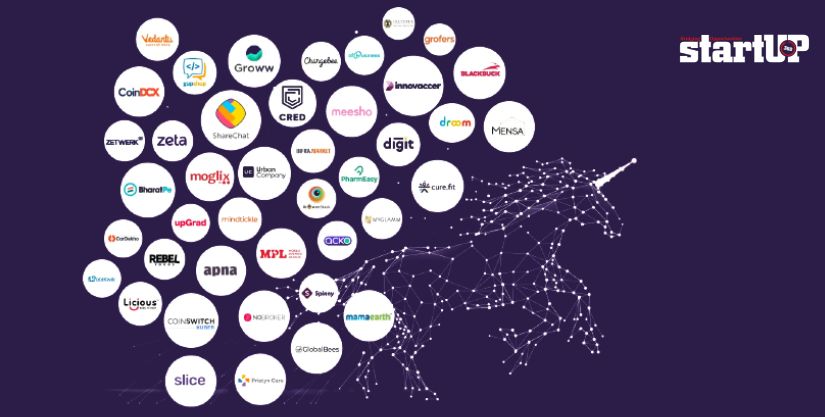Profitable Indian Unicorn Startups: Only 23 Out of 100 Unicorns
Open, a neobanking platform for small and medium businesses, received $50 million at a $1 billion valuation earlier this week, marking a watershed moment for the world’s third-largest startup ecosystem. Startup entrepreneurs, investors, and government officials all praised the achievement.
As they tried to expand swiftly across industries, verticals, and continents, these 100 startups were aggressive in obtaining financing at lofty valuations. However, few have succeeded in cracking the code of profitability.
Only 23 of the 100 unicorns, or businesses valued at $1 billion or more, have achieved profitability for a financial year, according to statistics from data analytics firm Tracxn Technologies.
Investor retaliation
According to the statistics, these firms have raised more than $80 billion from investors, resulting in a total market value of more than $300 billion.
Since their initial public offerings, shares of Paytm’s parent company One97 Communications Ltd, Policybazaar’s parent company PB Fintech Ltd, and Zomato Ltd have all gone below their original public offering pricing.
“I believe that all of these startups (unicorns) that were listed last year bit off more than they could chew. When asked about the premium he charged for Paytm, he stated he offered a lot of things on the table, but for a loss-making firm, such statements don’t help and would have an influence on future listings (of new-age digital startups),” Prabhakar noted.
Staying upbeat
However, private market investors are unconcerned about new-age businesses’ profitability and remain positive about them.
Investors and entrepreneurs should focus on firms’ routes to profitability rather than absolute profitability, according to Siddarth Pai, Founding Partner at 3one4 Capital, which has supported unicorns including Darwinbox and Open.
“Investors and the Board of Directors glance at two things. How rapidly are you expanding, and are you on the verge of being profitable? Pai stated, “These are the two essential things.”
“It becomes really challenging for anyone to truly make an investment case if the startups stop growing and do not converge on a path to profitability.” However, if you have a firm that is successful and developing rapidly, it becomes a very appealing investment possibility,” Pai continued.
Various criteria for judging
Ganesh, a serial entrepreneur, and promoter of companies such as BigBasket, Portea Medical, HomeLane, and Bluestone, explained that the fundamentals of new-age technology companies differ from traditional companies, so their valuations may not always align with key financial metrics such as profitability.
“These corporations have altered the way people behave, buy, engage, absorb information, and make decisions.” All of this has occurred in the previous five years, thanks to the internet, the pandemic, the acceptance of digitalization, and the unwillingness to go physically. These new-age enterprises have brought about this seismic upheaval, thus they are valuable,” Ganesh remarked.

